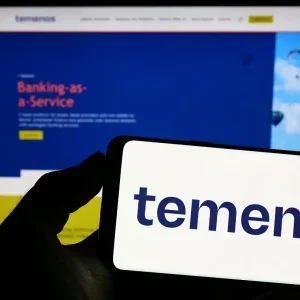
The US Federal Energy Regulatory Commission (FERC) has approved the US investment company BlackRock’s proposed acquisition of Global Infrastructure Partners (GIP) for $12.5bn.
Earlier this year, BlackRock agreed to acquire GIP through BlackRock Funding, a newly created subsidiary of BlackRock.
Under the terms of the deal, BlackRock will acquire all the limited liability interests in Global Infrastructure Management, for up to $12.5bn, including $3bn cash and about 12 million shares of its common stock.
FERC Commissioner Mark Christie has granted the order authorising the acquisition, under section 203 of the Federal Power Act.
Christie said: “I concur because it is consistent with Commission precedent and policy and because BlackRock has previously received a section 203 blanket authorisation.
“BlackRock, pursuant to its blanket authorisation, already holds interests in many LSEs as well as independent power producers (IPPs).
“And in this Transaction, the other shoe drops: BlackRock now seeks to acquire interests in even more IPPs, primarily in California, a relevant market in which it already holds extensive interests pursuant to its blanket authorisation.
“Of course, IPPs present the threat of competition to the generation tied to these other holdings, along with the generation BlackRock itself seeks to build. BlackRock is now firmly on both sides of the competition fence, as protestors here assert.”
Established in 2006, GIP is an infrastructure investor that specialises in investing, owning and operating assets in the energy, transport, digital infrastructure, and waste management sectors.
It manages more than $100bn in client assets across infrastructure equity and debt, with a focus on energy, transport, water and waste, and digital sectors.
The proposed acquisition aims to create an infrastructure investing platform with combined client assets under management (AUM) of more than $150bn across equity, debt, and solutions.
Last year, a member of the US energy regulator raised concerns over scrutiny of Blackrock’s ownership of power utilities, and the US regulator started a review.
Christie added: “Cross-ownership creates the threat of the exercise of market power. Market power, even though concentrated horizontal shareholding, deters investment; it does not encourage it.
“And importantly, truly effective regulation of transactions affecting public utilities does not result in a chilling of investment. Investors will always seek an adequate return, which good utility regulation recognises. “And it is the Commission’s responsibility, indeed all utility regulators’ responsibility, to make sure that such money is not being needlessly extracted from consumers’ pockets through exercises of market power or other forms of rent-seeking.”






